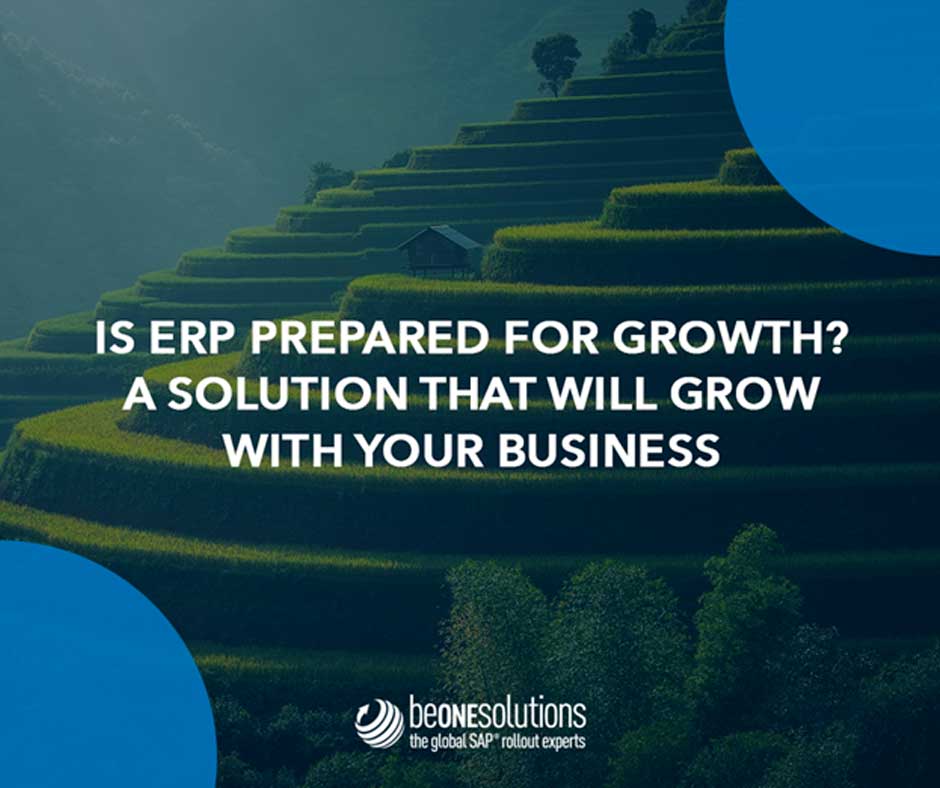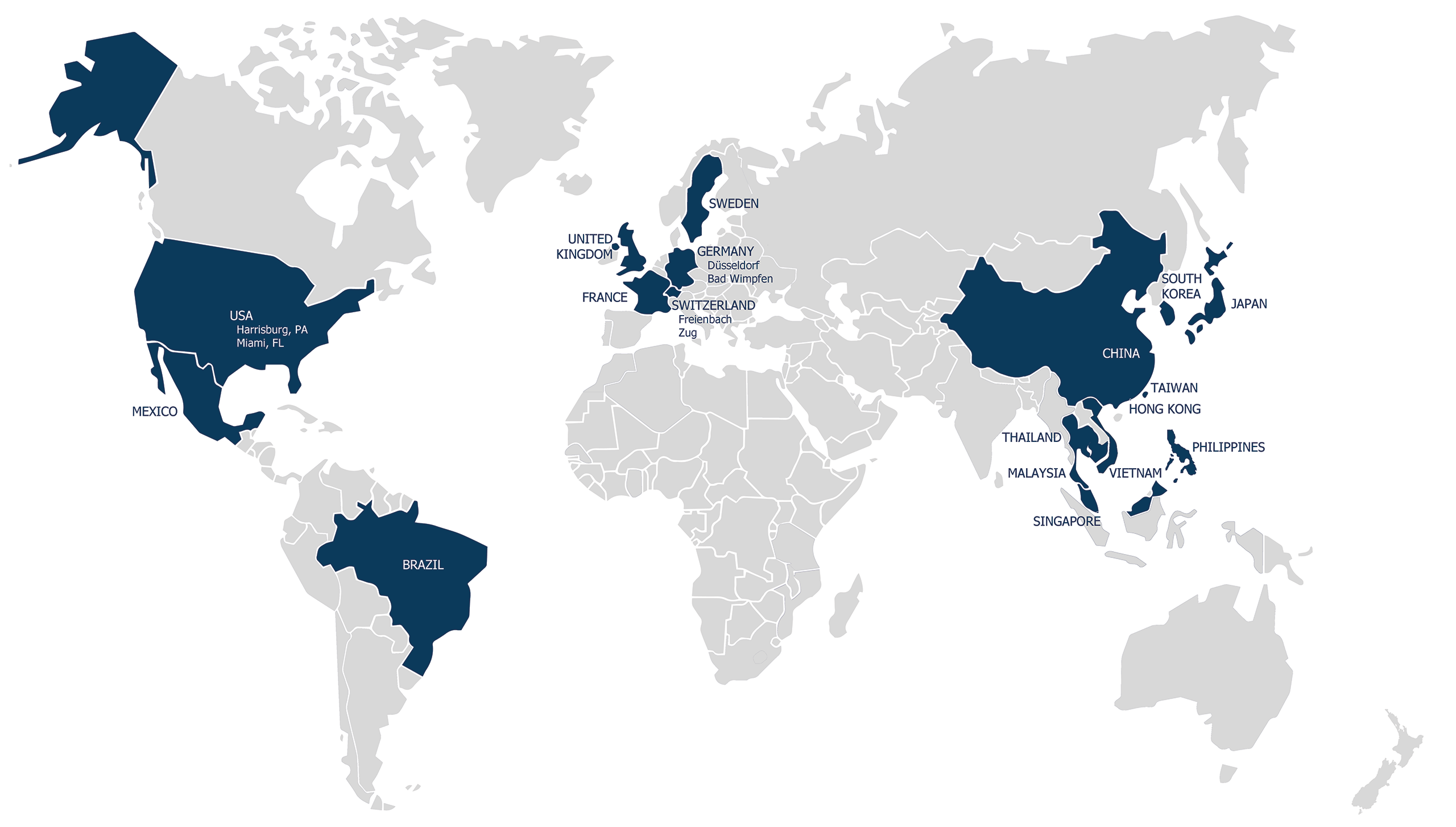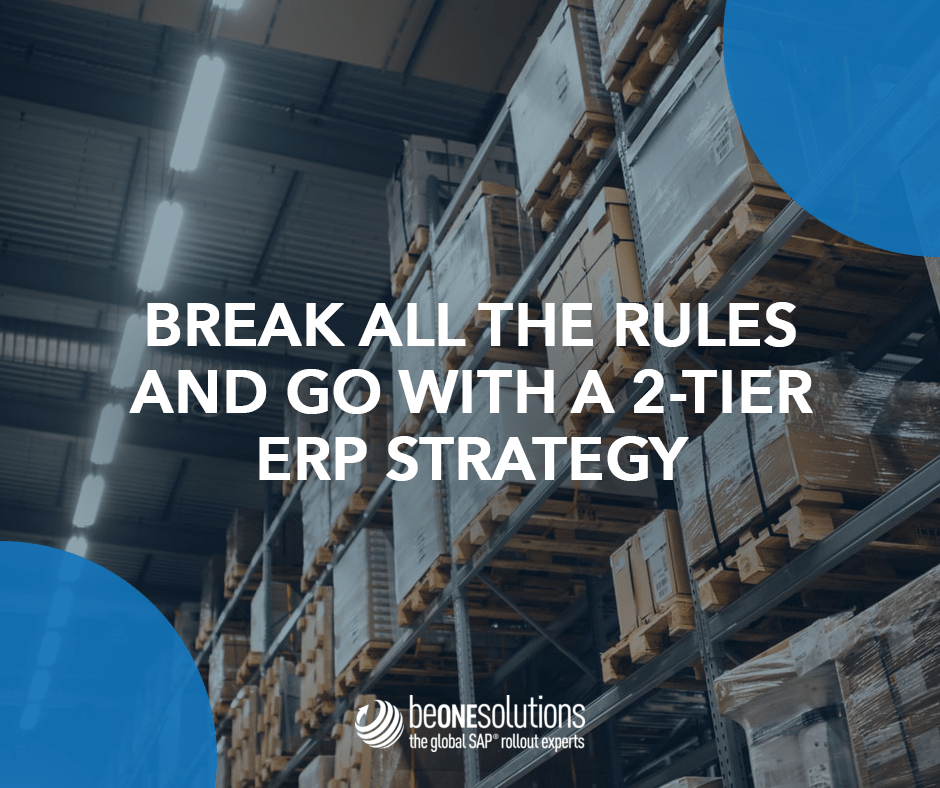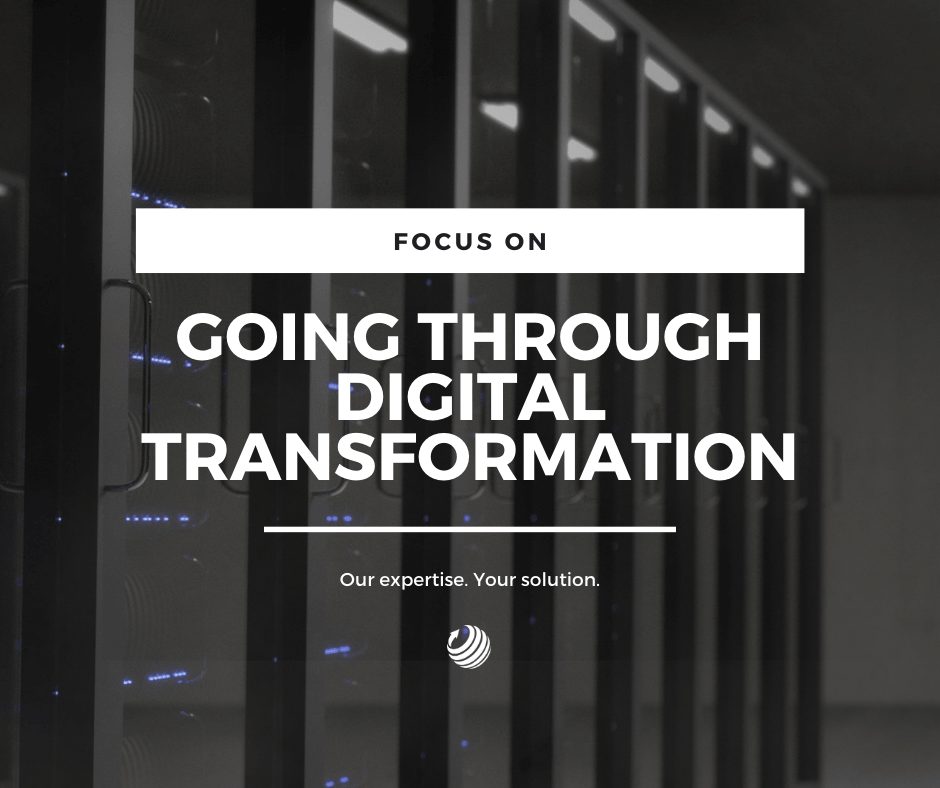Is ERP Prepared for Growth? A Solution That Will Grow with Your Business

Table of Contents
CloseWhether or not to use an ERP system solution for your business is a big decision. There are so many different ERP systems available and so many considerations for how and where to apply these kinds of solutions.
Smaller businesses today typically tend to opt for more vertical solutions involving one solution per process (as in one solution for CRM, one for production, and so on.) But do these vertical systems prepare businesses for growth, and how do full-scale ERP systems differ?
Do Vertical Systems Prepare Businesses for Growth?
Smaller businesses tend to opt for vertical solutions, which are small options as opposed to full ERPs. The rationale for this decision is that a full ERP is just too much – too much time to learn and implement, too much money, too many details.
However, not having a full ERP system during a growth phase limits any capability for growth. If you want to prepare for growth, you need a solid ERP system in the background.
Over the last decade, more isolated vertical solutions have become available. Most of these systems are cloud-based, reasonably priced, externally supported, and provide options for a variety of different specific business needs like marketing, product handling, managing, and so on.
These systems are easy to sign up for and easy to implement. Companies without a lot of financial stability will opt for these systems and possibly end up with a solution landscape with a lot of verticals. These are effective while a company is small, but if growth is the trajectory, then this is not a scalable option – at this point, vertical solutions become an obstacle. The best practice is that as soon as businesses are capable of retaining a full ERP system, they should do so.
Scalability Issues With Full ERPs
It should also be noted that even with full ERP solutions, there may be issues with scalability, and they may not be the answer for all businesses.
Benny from be one solutions notes that, “ERP can be too expensive and too time consuming. We even see this with large enterprises, vertical solutions still have their place because working with a full ERP can be a heavy load for certain businesses.”
The obstacle Benny underlines with ERP is that it can be too much for some organizations with integrated business processes because it takes longer to implement new processes or change processes. So when going with a new ERP, it is important to have the right pre-existing capabilities in place.
As well, because ERPs are generally designed to fit all businesses, some specialized production companies may not be well supported by a generic ERP. In these instances, it is helpful to consider the environment around the ERP system. Are there partners around the world offering complementary solutions? If the ERP you opt for is an open platform, partners around the world can develop solutions for niche industries that can then be shared globally. This is an instance where an ERP system can work alongside a vertical solution.
Final Thoughts
Vertical or cloud-based ERPs are a good solution for small businesses, but they will become an obstacle as soon as the business is ready to grow because none of the systems will be integrated to communicate with one another.
ERP systems are absolutely necessary for businesses that wish to grow. However, there may still be some scalability issues with your ERP, depending on the service you go with and your company's needs.
For niche businesses, full and siloed solutions can be combined to work together if the ERP system is an open platform and if there are partners willing and able to co-develop the software.
Whatever your industry, a good ERP system is a pillar for supporting successful ongoing operations. For more information about ERP business solutions such as SAP Business One or SAP S/4HANA Cloud, public edition, check back with the SAP implementation experts and read more on our blogs.
You won’t want to miss be one solutions‘ next webinar. Add your email address to be notified :
Please select your language
Welcome on be one solutions‘ websites.
Please select your language.




